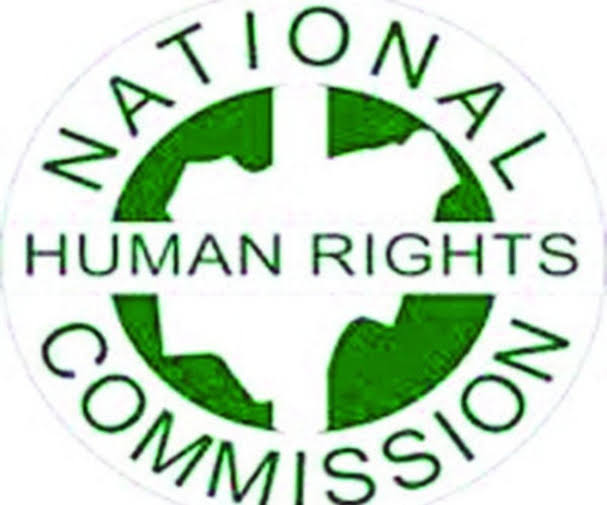METRO
NHRC in Gombe receives 130 complaints in 6 months – official

The National Human Rights Commission (NHRC) in Gombe, says it received no fewer than 130 complaints of alleged human rights violations between January and June.
Mr Ali Alola-Alfinti, the NHRC Public Relations Officer in the state, disclosed this in an interview with our correspondent in Gombe on Thursday.
Alola-Alfinti said that, out of the 130 cases of human rights violations received, 53 were inhuman or degrading treatment.
He said 48 were cases of child abandonment, while 11 were deprivation of right to economic development by spouses and family.
Others, he said, included three threats to life, nine denial of property and one rape case, among others.
Alola-Alfinti, said that, however, out of the 130 complaints received, more than 100 had been resolved, though with continued supervision and proper monitoring to ensure compliance with all terms of agreement by all parties involved.
“Also, 17 cases are undergoing process of mediation, others are in court while those with element of criminality have been referred to the police for proper investigation and prosecution,” he said.
The NHRC Gombe spokesperson said that the increasing cases of child abandonment had become a cause for concern for the commission.
“This is why we have embarked on sensitisation to key stakeholders to help curb this ugly trend.
“We noticed that poverty and lack of commitment by fathers are major reasons for child abandonment in the state.
“Child abandonment is a violation of human right; when you abandon a child who cannot take care of himself or herself, they are left at the mercy of anyone and that situation is better imagined than experienced.”
According to him, lack of knowledge of the rights of children have made many parents and guardians to abuse and treat their children in a manner that amounts to violation of the laws.
He said that parents ought to know that children had rights as enshrined in the constitution and such rights included their welfare, wellbeing and their education.
Alola-Alfinti advised stakeholders in the state to carry out more sensitisation to discourage the trend of child abandonment in view of its psychological impact on children and their rights to good life.
“We are advising parents in the state, particularly fathers, to understand that they have a duty to cater for their children.
“There should be no reason for any child to be abandoned or subjected to any form of inhuman treatment,” he said.




 Davido's Net Worth & Lifestyle
Davido's Net Worth & Lifestyle 
